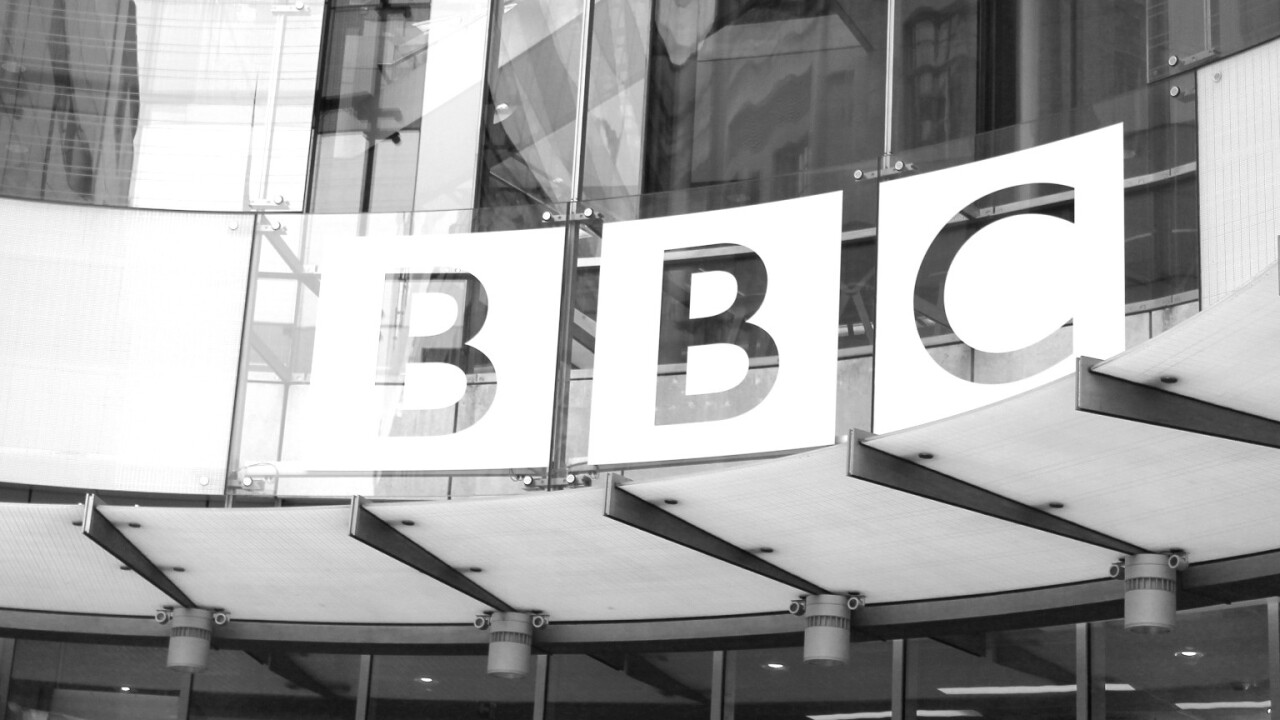
The UK parliament’s Culture, Media and Sport Committee says the BBC licence fee has “no long-term future” and advocates the introduction of a broadcasting levy, in a new report.
The Future of the BBC (PDF) will be presented in the House of Commons later today. It argues that there’s a need for major changes to the way the corporation is funded and governed.
Everyone who owns a television in the UK is currently required to pay the licence fee which funds the majority of the BBC activities.
The committee admits that the BBC makes “a valuable contribution to many people’s lives as the nation’s broadcaster” and notes that it reaches 96 percent of the population on a weekly basis along with millions of viewers and listeners overseas. But it goes on to demand significant and wide-ranging changes.
Its report says that there is no good alternative to the licence fee in the short-term but that it must take account of catch-up television and internet viewing. It also says that current penalties for non-payment are “anachronistic and out of proportion” but that decriminalization would need to be coupled with measures to prevent increased evasion.
BBC subscriptions?
The committee’s suggested replacement for the licence fee is a broadcasting levy on all households but it also proposes that the BBC could introduce subscription fees for its services.
It believes the BBC should reduce its provision of programmes in areas “where others are better placed to deliver excellence and better value for money” and partner with other organizations more often.
Other proposals include abolishing the BBC Trust and the the establishment of an independent Public Service Broadcasting Commission to scrutinize the corporation’s strategic plans and decide how much public funding it should receive. The committee also wants the National Audit Office to be given unrestricted access to the broadcaster to ensure money is spent wisely.
The chair of the Culture Media and Sport Committee, John Whittingdale, says:
“Over the last few years the BBC has suffered from a succession of disasters of its own making, yet it remains a widely admired and trusted institution, and fulfils many important functions both at home and abroad. However, when an organization is in receipt of nearly £4 billion of public money, very big questions have to be asked about how that money is provided and spent, and how that organisation is governed and made accountable.
In the short term, there appears to be no realistic alternative to the licence fee, but that model is becoming harder and harder to justify and sustain.”
The BBC’s license fee agreement is up for review next year and the committee’s proposals are likely to be shaken up substantially by the results of this year’s general election.
➤ Committee publish Future of the BBC report [Culture Media and Sport Committee]
Image credit: mikecphoto / Shutterstock.com
Read next: BBC Launches ‘Taster’ to Help Showcase New Digital Ideas
Get the TNW newsletter
Get the most important tech news in your inbox each week.




